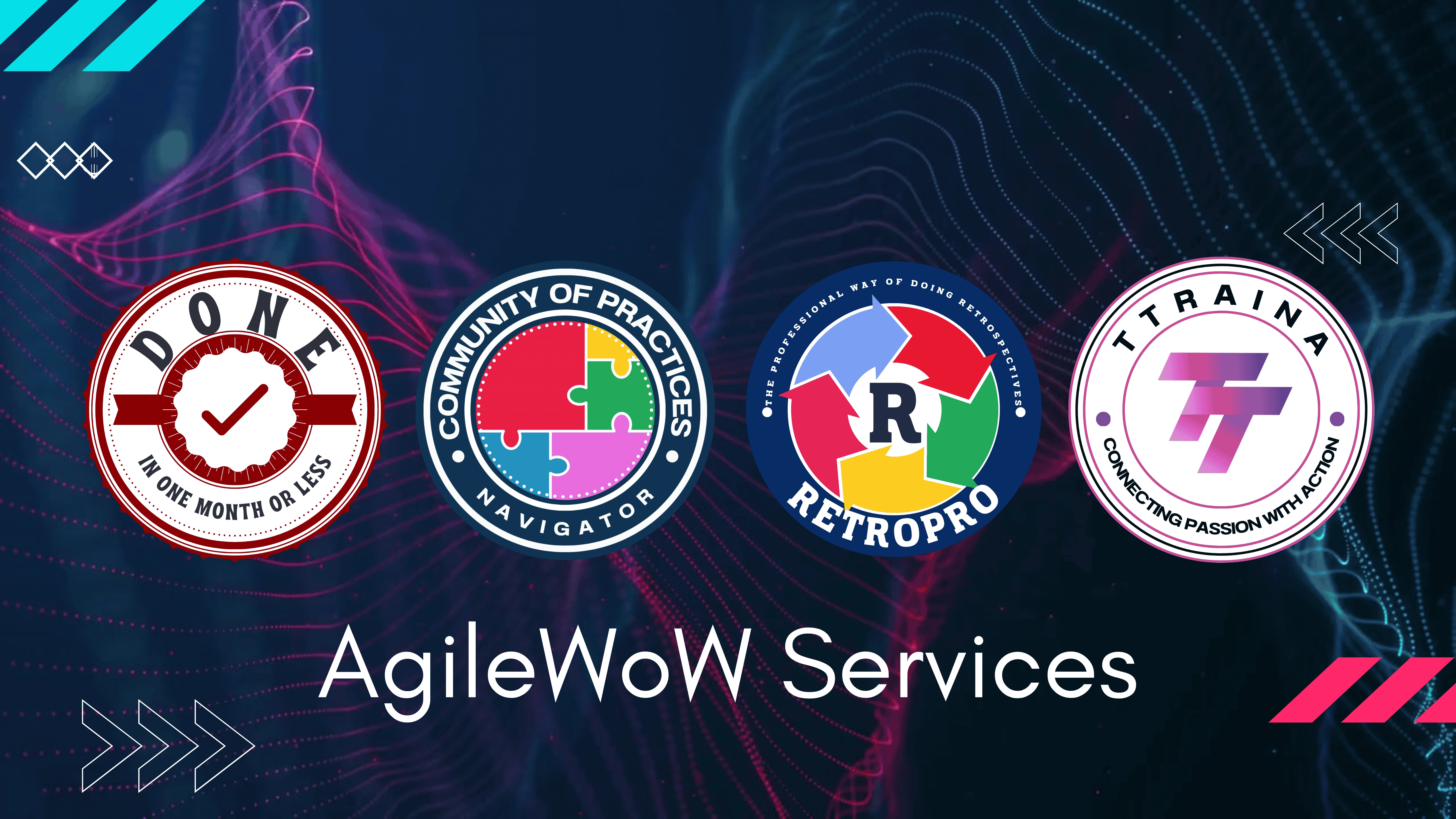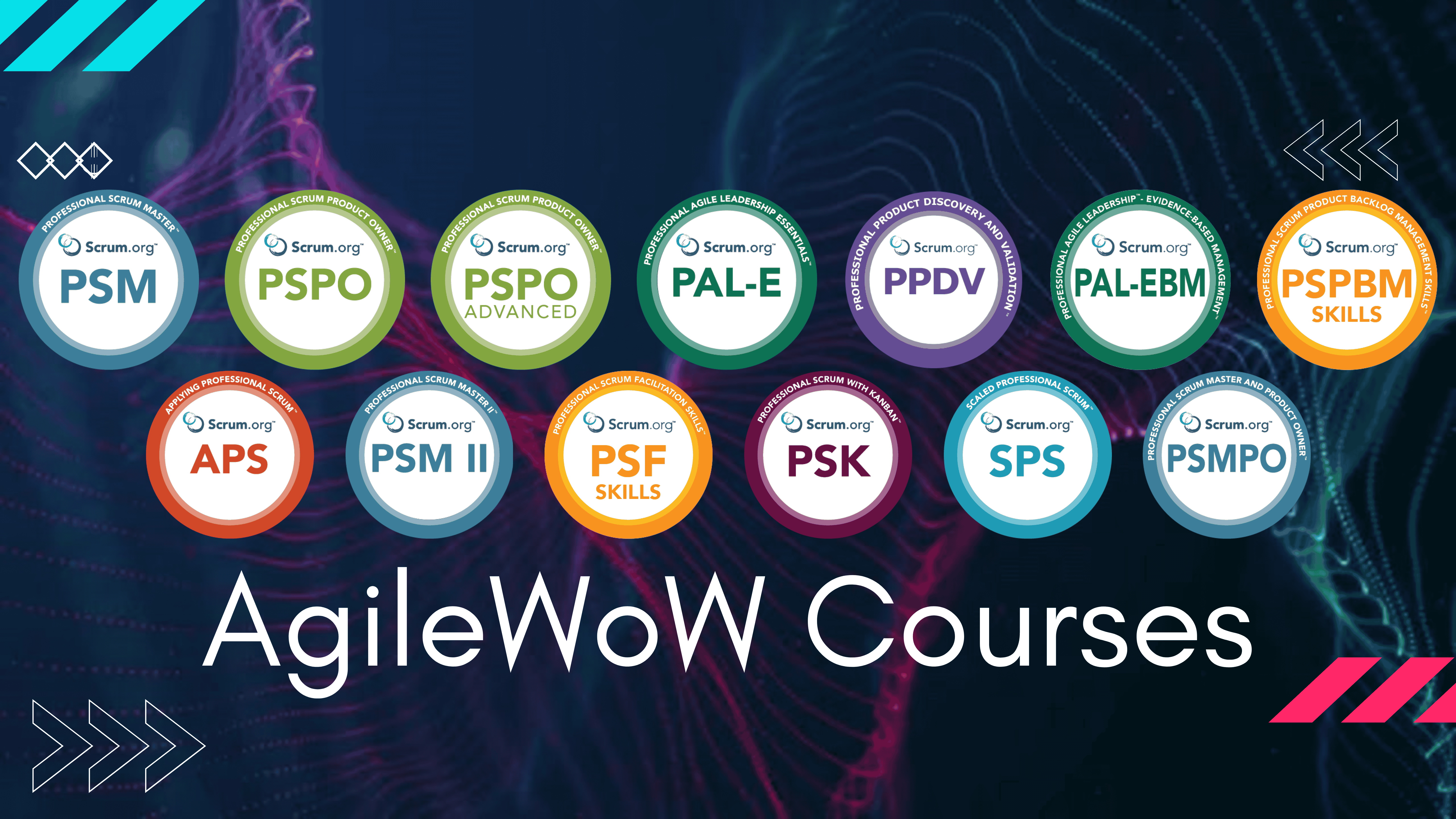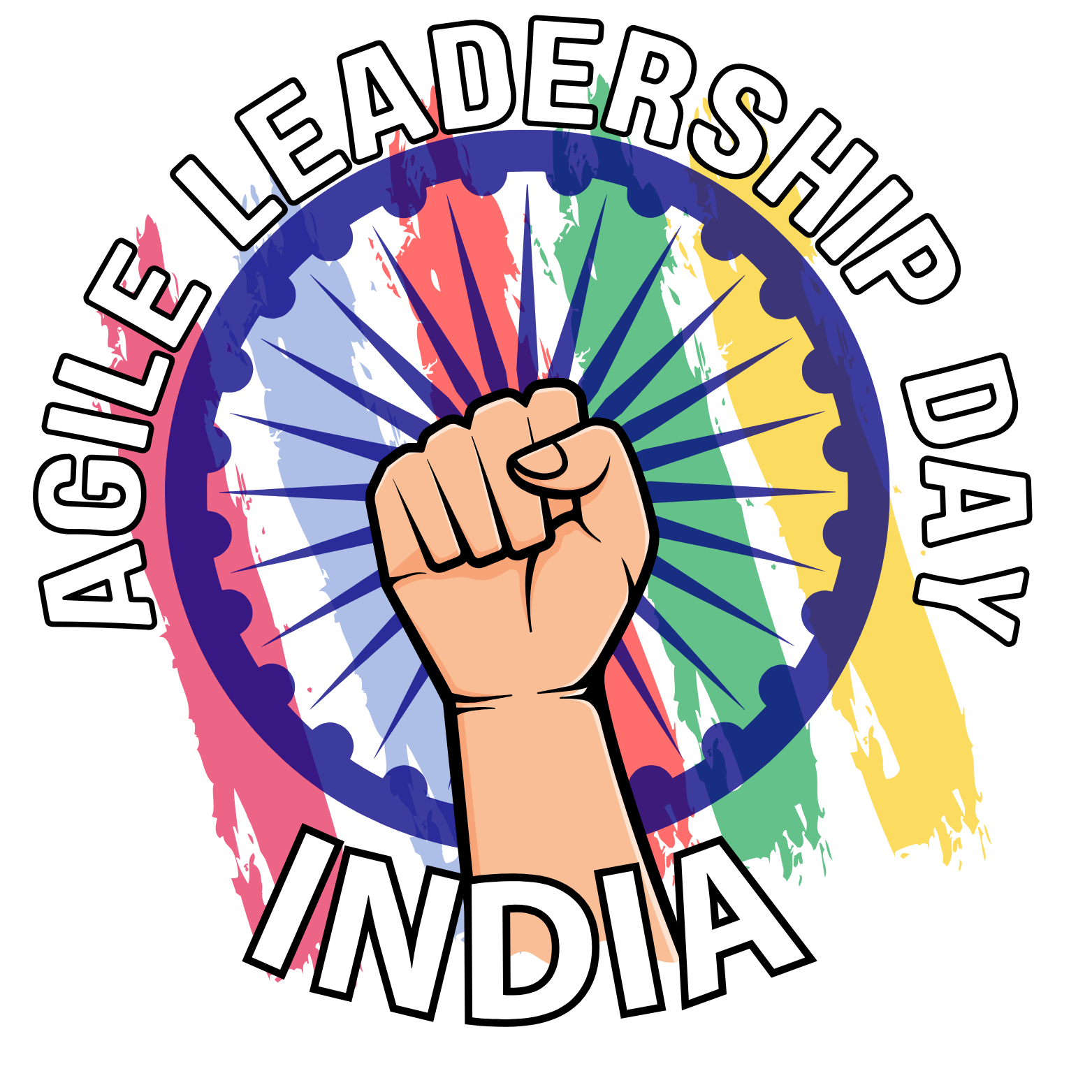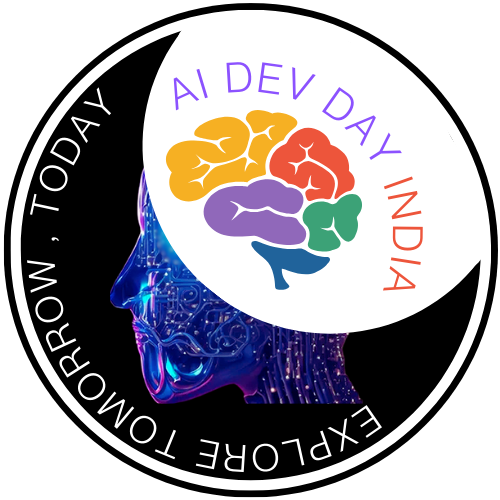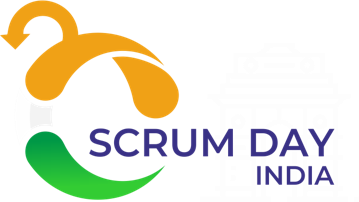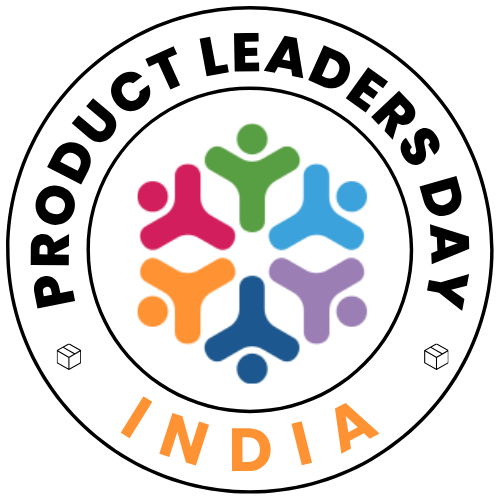Traditional vs AI-Powered Product Owner: The Future of Product Ownership
The Changing Role of the Product Owner
Being a Product Owner (PO) has never been an easy job. You’re constantly balancing business goals, customer needs, and development capacity.
Traditionally, Product Owners relied on experience, intuition, and stakeholder input. But with the rise of Artificial Intelligence (AI) and Generative AI, the PO’s role is evolving faster than ever, marking a pivotal moment in the future of Product Ownership.
Think of it like this: A traditional PO is a chef using handwritten recipes. An AI Product Owner is the same chef—but with smart kitchen gadgets that help them serve better dishes, faster, and with fewer mistakes. This is the essence of the AI and Agile transformation.
What Defines a Traditional Product Owner
The Traditional PO plays a vital role, but their methods are mostly manual and time-intensive. Their work often involves:
- Stakeholder inputs: Gathering requirements through meetings, emails, or workshops.
- Backlog prioritization: Deciding what’s important based on gut feeling, business pressure, or the loudest voices.
- Customer understanding: Conducting manual surveys, interviews, or reviewing dated research reports.
- Competitor analysis: Manually scanning websites and reading industry reports.
- Decision-making: Relying on instinct and limited data, as noted by sources like the Atlassian Blog on Agile.
Imagine navigating with a paper map. It works, but it’s slow and it’s easy to get lost. That’s the traditional PO's journey.
The Rise of the AI-Powered Product Owner
Now let’s meet the AI Product Owner (AI PO)—the same role, but augmented with the superpowers of AI. The AI PO leverages Machine Learning, Generative AI for Product Owners, and Predictive Analytics to elevate their craft.
How AI Enhances Decision-Making
With AI-powered decision making, a PO can:
- Deepen Customer Understanding: Use AI-driven sentiment analysis to know what customers want, sometimes before they do.
- Optimize Backlog Prioritization: Apply AI models that consider value, cost, and risk, making prioritization truly data-driven.
- Accelerate Product Discovery: Generate and validate product ideas rapidly with AI simulations and user insights.
- Automate Competitor Analysis: Scan competitors across websites and reviews in minutes, not weeks.
- Boost Productivity: Use tools like ChatGPT to write user stories, acceptance criteria, or stakeholder updates, enhancing AI in Scrum Teams.
Navigating with Google Maps is the perfect analogy. It shows the best route, predicts traffic, and suggests alternatives. That’s what AI does for a Product Owner: it makes the journey faster and smarter.
Traditional PO vs AI-Powered PO: Side-by-Side Comparison
| Area | Traditional Product Owner | AI-Powered Product Owner |
|---|---|---|
| Decision-making | Based on intuition or pressure | Data-driven, AI-powered decision making |
| Customer understanding | Surveys and reports | Real-time analytics, sentiment tracking |
| Backlog management | Manual, subjective | AI-supported, value-driven |
| Competitor analysis | Time-intensive, manual | Automated, real-time, predictive |
| Speed | Slower | Faster due to automation |
| Innovation | Limited by time | Enhanced by AI idea generation |
| Communication | Manually crafted reports | AI-assisted storytelling & visualizations |
👉 Ready to future-proof your Product Ownership skills? Join our next AI Dev Day India.
🚀 Explore DONE in a Month and make your Definition of Done AI-ready.
Why the Shift to AI Matters for Product Owners
Customers expect personalized experiences and businesses demand faster time-to-market. Sticking to traditional methods is risky. An AI Product Owner can:
- Deliver better products, faster.
- Free up time from repetitive work to focus on vision and strategy.
- Position themselves as future-ready leaders in their organizations.
It’s like using a feature phone when everyone else has a smartphone. You’re missing out on a world of possibilities.
The Human + AI Partnership in Product Ownership
Will AI replace Product Owners? The answer is No. As experts from McKinsey and Harvard Business Review suggest, AI excels at processing data, but the human PO brings irreplaceable skills:
- Empathy to understand human needs.
- Judgment to weigh complex trade-offs.
- Context to align with business strategy.
- Leadership to inspire teams and stakeholders.
AI is the co-pilot, handling navigation and data. But the human PO is the pilot, making the final call to ensure a safe and successful journey.
How to Become an AI-Ready Product Owner
Here’s a simple roadmap to embrace the future of Product Ownership:
- Learn AI and GenAI Basics: Understand core concepts to speak the language of data.
- Experiment with Tools: Try AI chatbots, backlog tools, and sentiment analysis platforms. Want better Sprint Retrospectives? Try RetroPro to uncover hidden team insights.
- Bring AI into Scrum Events: Use AI for backlog refinement or sprint planning insights.
- Focus on Ethics: Ensure AI use is responsible, fair, and transparent.
- Take Structured Training: Courses like the Scrum.org PSPO empower POs. 🎓 Get certified with our Professional Scrum Product Owner training.
Use CoP Navigator to build AI-ready Communities of Practice and accelerate your learning journey.
This article is also available on the AgileWoW website. Click here to read it.
Join the AI-Augmented Scrum Revolution
Want to explore how AI fits into your Scrum Team? Join us at Scrum Day India 2025 – The AI-Augmented Scrum.
Saturday, 23th August 2025
In-person | Appinventiv Office, Noida
Stay tuned at www.scrumdayindia.org
Or explore our other events like Product Leaders Day India and Agile Leadership Day India.
